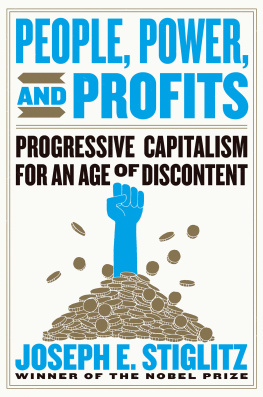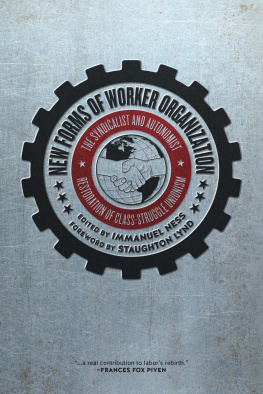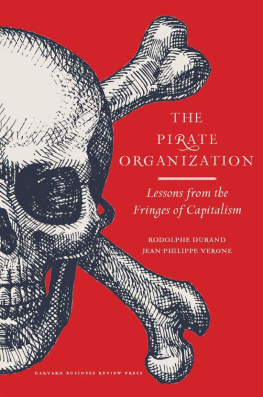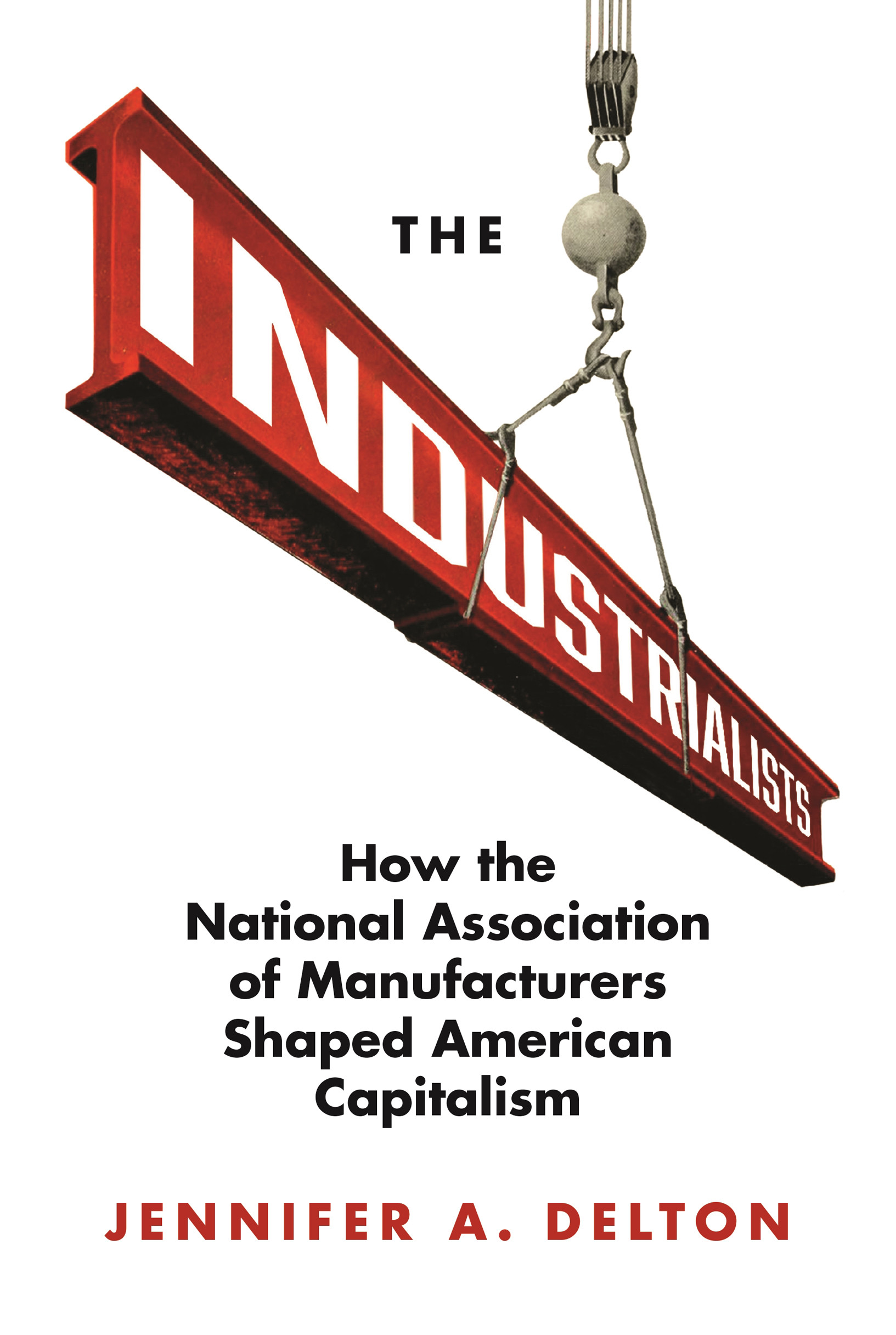THE INDUSTRIALISTS
Politics and Society in Modern America
William H. Chafe, Gary Gerstle, Linda Gordon, and Julian E. Zelizer, Series Editors
The Industrialists: How the National Association of Manufacturers Shaped American Capitalism, Jennifer Delton
Gateway State: Hawaii and the Cultural Transformation of American Empire, Sarah Miller-Davenport
Getting Tough: Welfare and Imprisonment in 1970s America, Julilly Kohler-Hausmann
The Rise of a Prairie Statesman: The Life and Times of George McGovern, Thomas J. Knock
The Great Exception: The New Deal and the Limits of American Politics, Jefferson Cowie
The Good Immigrants: How the Yellow Peril Became the Model Minority, Madeline Y. Hsu
A Class by Herself: Protective Laws for Women Workers, 1890s1990s, Nancy Woloch
The Loneliness of the Black Republican: Pragmatic Politics and the Pursuit of Power, Leah Wright Rigueur
Dont Blame Us: Suburban Liberals and the Transformation of the Democratic Party, Lily Geismer
Relentless Reformer: Josephine Roche and Progressivism in Twentieth-Century America, Robyn Muncy
For a full list of books in this series see: http://press.princeton.edu/series/politics-and-society-in-modern-america
The Industrialists
How the National Association of Manufacturers Shaped American Capitalism
Jennifer A. Delton
PRINCETON UNIVERSITY PRESS
PRINCETON AND OXFORD
Copyright 2020 by Princeton University Press
Requests for permission to reproduce material from this work
should be sent to permissions@press.princeton.edu
Published by Princeton University Press
41 William Street, Princeton, New Jersey 08540
6 Oxford Street, Woodstock, Oxfordshire OX20 1TR
press.princeton.edu
All Rights Reserved
Library of Congress Control Number 2019956216
ISBN 978-0-691-16786-2
ISBN (e-book) 978-0-691-20332-4
Version 1.0
British Library Cataloging-in-Publication Data is available
Editorial: Eric Crahan and Thalia Leaf
Production Editorial: Jill Harris
Jacket Design: Chris Ferrante
Production: Jacqueline Poirier
Publicity: Alyssa Sanford and Kate Farquhar-Thomson
Copyeditor: Cynthia Buck
Jacket image: Business Screen Magazine, issue 4, vol. 9 (May 1948). Courtesy of Hagley Digital Archives, Hagley Library, Wilmington, DE
For Ed
The bourgeoisie has through its exploitation of the world market given a cosmopolitan character to production and consumption in every country. To the great chagrin of Reactionists, it has drawn from under the feet of industry the national ground on which it stood. All old-established national industries have been destroyed or are daily being destroyed.
MARX AND ENGELS, 1848
I am filled with the spirit of the export trade. I love to do business with the big importing houses of the world and I know that when the day comes when we can better understand one another and realize that, after all, the race is one, with fundamental interests identical, we will usher in the millennium.
ATTENDEE AT INTERNATIONAL TRADE CONFERENCE, 1915
ILLUSTRATIONS
Table
- NAM Presidents, 18952004
Figures
- NAM Membership, 18952000
- Advertisement for trade opportunities in Asia, 1908
- NAM Free Enterprise campaign, 1938
- Vada Horsch receiving the French Legion Medal of Honor, 1958
- Urban League head Whitney Young speaks before NAM, 1967
- Flyer for NAM/PFP conferences
- President Kennedy speaks before NAM, 1961
- Gullander with West Berlins Mayor Willi Brandt, 1964
- Part of NAMs world trade campaign, 1972
- Labor Union Membership as a Percentage of the Non-agricultural Workforce, 19302010
THE INDUSTRIALISTS
Introduction
American companies used to make things. In the United States. With American workers. Manufacturing drove economic growth in the twentieth century. It made the United States the most powerful nation in the world and paved the way for the American-styled global capitalism of the twenty-first century. Manufacturing gave birth to industrial unions, shaped US politics, and, at its height, employed one in four American workers. When it declined in the late twentieth century, it took organized labor and the Democrats New Deal coalition down with it. Manufacturing still exists in the United States, of course, but it is now a mere economic sector, no longer the central measure of growth, and no longer a major source of employment.
This is the story of manufacturings main lobbyist and trade association, the National Association of Manufacturers, more commonly known as NAM. Founded in 1895 to expand foreign trade, it became known for its staunch, at times extreme conservatism, expressed in its ardent defense of free enterprise and unending battle against unions and government regulation. The industrialists who led NAM were proud capitalists. They nurtured and defended capitalism, extolled its virtues, fought its enemies, and built its institutions. NAM was thus front and center in all of the major political struggles over the shape of the US political economy. It battled organized labor, defended employers rights, opposed the New Deal, and staked out positions in myriad contests over taxation, trade, patents, and government regulations. Its members were soldiers for the conservative movement that gave us Barry Goldwater and later Ronald Reagan. Thus, political scientists and historians have written extensively about NAM, mostly in the context of lobbying, labor, and US conservatism, and mostly from the perspective of its many critics.
But NAM was also liberal and progressive. It promoted international trade, encouraged intercultural understanding and education, and welcomed women and the disabled into the workforce. It supported the United Nations (UN) and the Marshall Plan and called for an end to trade barriers. NAM encouraged companies to modernize and adopt innovations such as safety standards, workmens compensation, and affirmative action. It published best practices guidelines and informed employers of the latest research on management, trade, and regulatory standards. In other words, while conservative, NAM was also forward-looking, innovative, and progressivemuch like capitalism itself.
This book examines NAM in the context of US manufacturing and twentieth-century capitalism. It traces NAMs role in the development of industrial capitalism, freer trade, and global economic integration, highlighting the organizations progressive, modernizing impulses as much as its conservative reflexes. By progressive, I mean its role in crafting a variety of reforms and policiessuch as tariff reform, more open borders, and affirmative actionthat changed the national landscape and helped manufacturers adapt to new circumstances and opportunities. These types of reform moved history forward and were surprisingly compatible with NAMs anti-unionism. Although not as powerful as its enemies believed, nor as effective as it hoped, NAM nonetheless worked in concert with the US government and international institutions to shape twentieth-century capitalism in the United States and the world.
This globalizing impulse was not without consequence: a large part of this story is about how NAMs support for the free flow of goods, services, and currency across national boundaries not only divided the organization but also contributed to deindustrialization and the closing of thousands of US factories, many of them NAM members. The post-industrial, global, finance- and tech-based economy we live in today is partly the result of NAMs century-long promotion of trade expansion and economic integration. The great irony here is that in shaping trade and economic policies to fit their global interests and ambitions, the industrialists who led NAM undermined their own political and economic power. Did they know this? Could they have anticipated it? These questions and others will be addressed in the chapters ahead, which offer both an examination of how NAM worked (and didnt work) and an argument about NAM as a capitalist modernizer.








